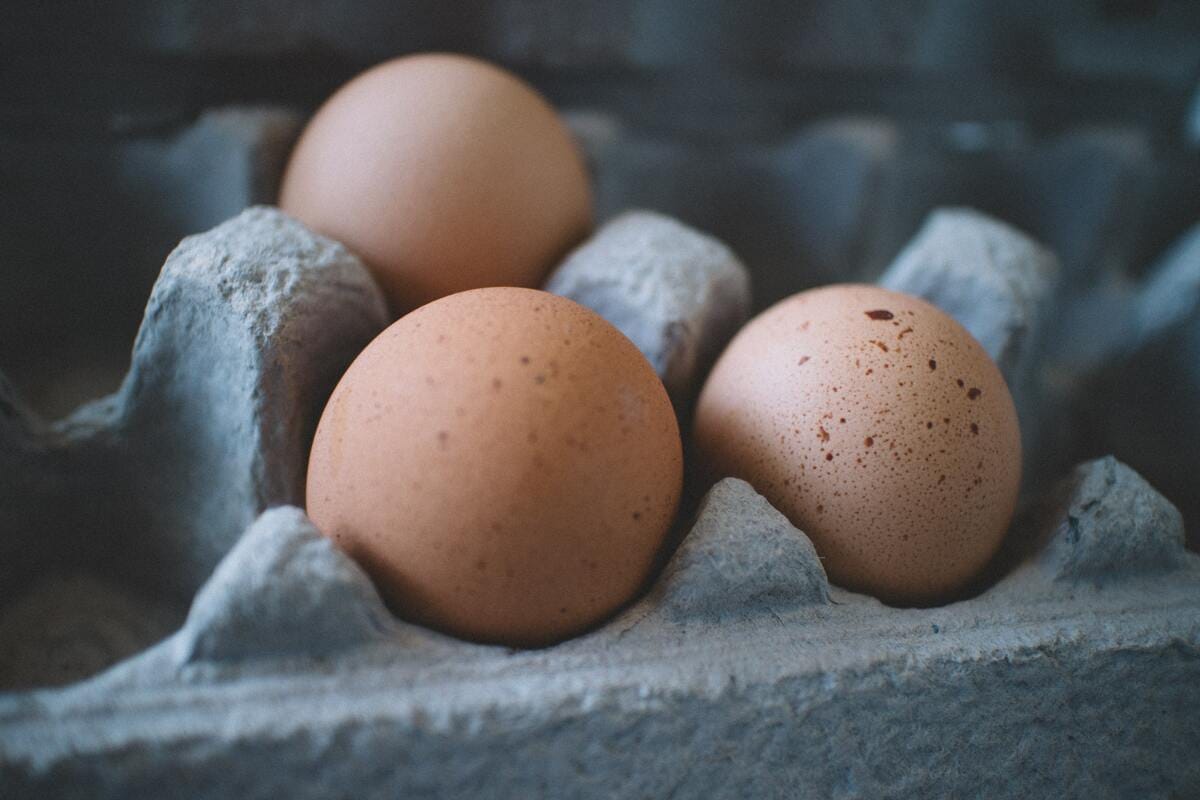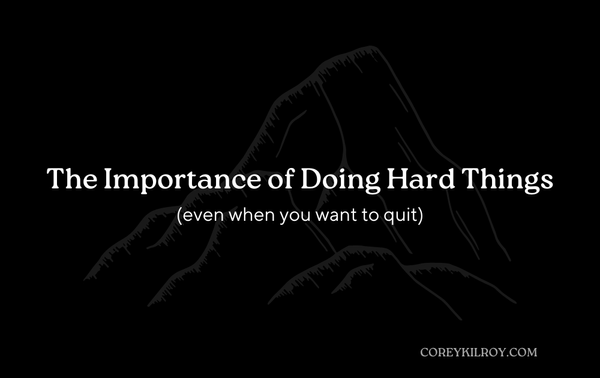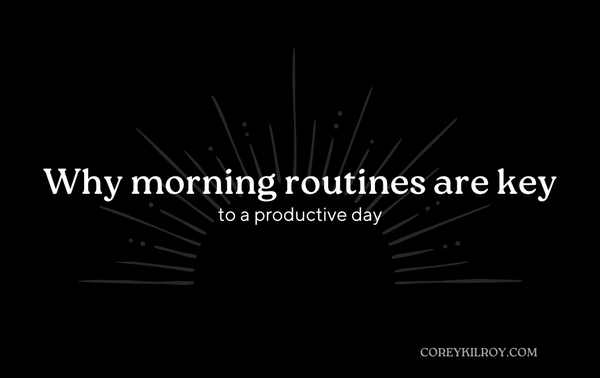Why You Should Be Consuming More Protein

"The best feeling in the world is a hard workout, nice shower, and a protein shake"
Everybody has their own opinions on carbs and fats. However, almost everyone agrees that protein is essential.
There are a plethora of reasons as to why protein is so beneficial to you. I mean, there’s a reason “gym-bros” have been bragging about it for decades.
Studies suggest that a high-protein diet has major benefits for weight loss and metabolic health.
But first…
Why Should You Care?
It is well known that cardiovascular disease is one of the deadliest diseases in America. High blood pressure can be a major risk factor for this.
However, one study found that compared with a carbohydrate diet, a high protein diet further decreased mean systolic blood pressure by 1.4 mm Hg and by 3.5 mm Hg among those with hypertension and decreased low-density lipoprotein cholesterol by 3.3 mg/dL, high-density lipoprotein cholesterol by 1.3 mg/dL, and triglycerides by 15.7 mg/dL (1).
AKA → a high protein diet did a better job at lowering blood pressure and cholesterol than a carbohydrate diet did.
So basically, focus more on protein intake and reduce the amount of carbs you eat. HOWEVER…
PLEASE NOTE: I still firmly believe that carbs are essential for muscle building and everyday function.
The body requires glucose for energy production, which is then stored in the body in the form of glycogen. And where do you think that glucose comes from?
Drum roll, please… CARBS.

You’d be hard-pressed to find the energy to get through a bout of physical exercise without those glycogen stores. So eating carbs pre and post-workout will prove to be beneficial.
However, this essay isn’t about carbs, it’s all about protein.
Why Should You Be Consuming More Protein?
1. Protein is a “building block” for your muscles
The amino acids in protein play a major part in physiological processes relating to our energy, recovery, mood, brain function, and muscle and strength gains.
Protein is the foundation of muscle fiber. The various proteins found in those muscle fibers – i.e. myoglobin, actin, titin, and myosin – are responsible for both the structural and functional integrity of muscle tissue (2).
When you workout and stimulate your skeletal muscle with vigorous exercise, those fibers in the muscle tissue are “torn” and broken apart at a microscopic level.
In order to repair and hypertrophy that muscle, the body requires protein, which is acquired through your diet.
So long story short, if you're physically active, protein intake should be a huge priority.
It will help muscle recovery after exercise and also prevent muscle loss when losing weight.
2. Protein Prevents Muscle Loss When Losing Weight
While losing weight, or going through a “cut”, you have the potential for atrophy or loss of muscle.
This is because, during bouts of exercise, your body needs energy to get you through the physical work being done.
Since you’re eating less, your body breaks down muscle tissue for energy while working out, as opposed to the glycogen acquired through carbs and protein explained above.
Not only that but when you’re losing muscle, your metabolism goes down with it. This will result in a decreased ability to burn calories and slow down your ability to lose weight!
That’s why sufficient protein intake is important!
You need it, along with carbohydrates, to replenish glycogen stores in your muscles for energy, or else your body will just use the fat and muscle tissue you have instead.
3. Protein helps keep you satiated throughout the day
If you’re anything like me, then you like to eat.
And no matter what, your appetite is through the roof.

However, consuming foods high in protein can help keep that appetite at bay and reduce your hunger levels.
The reason for this is partly because protein reduces your level of the hunger hormone ghrelin. It also boosts the levels of peptide YY, a hormone that makes you feel full (3, 4, 5).
This can be powerful when trying to lose weight and you’re in a caloric deficit.
In one study, increasing protein intake from 15% to 30% of calories made overweight women eat 441 fewer calories each day without intentionally restricting anything (6).
So if you’re trying to lose weight, but your stomach says “dude let's eat”, then eating meals high in protein will help you out.
4. Boost Metabolism
Eating any food will boost your metabolism for a short period of time.
This is due to your body utilizing calories to digest and make use of nutrients in foods. This can be defined as the thermic effect of food (TEF).
Nevertheless, protein has been found to have a much greater thermic effect than fats and carbs – 20–35% compared to 5–15% (7).
Simply put, a high protein intake has been shown to significantly boost metabolism and increase the number of calories you burn.
This means you have another tool in your arsenal to lose weight since that ability to burn calories increases.
5. Helps Lower Blood Pressure
It is known that high blood pressure is a major cause of heart attacks, strokes, and chronic kidney disease.
High protein can be a great tool for lowering blood pressure and help reduce the risk of those diseases.
In one study, increased protein lowered systolic blood pressure (the top number of a reading) by 1.76 mm Hg on average and diastolic blood pressure (the bottom number of a reading) by 1.15 mm Hg (8).
AKA → your cardiovascular system will thank you.
Not only will protein help with blood pressure, but there are studies out there that have found the relationship between protein and the decrease in LDL (bad) cholesterol and triglycerides as well.
6. Helps You Stay Fit as You Get Older
One of the consequences of getting older is that your muscles may gradually weaken and atrophy.

In severe cases, older individuals may experience sarcopenia, which is one of the main causes of frailty, bone fractures, and reduced quality of life among older adults.
Eating more protein, however, is a great way to help reduce age-related muscle deterioration and prevent the onset of sarcopenia (9).
Also:
It’s extremely important to remain physically active as you get older as well. Lifting weights or doing any kind of resistance training is essential for preventing muscle deterioration and staying fit (10).
How do you think Schwarzenegger looks so good?? The dude still lifts!
How Much Protein Do We Need?
There's been a ton of research around how much protein we need.
The studies show that 0.8 grams per kilogram of body weight is the most optimal.
If you're a very active individual and wish to gain more muscle, 1-1.4 grams of protein per kilogram of body weight is most sufficient.
(To calculate your approximate weight in kilograms, divide your weight in pounds by 2.2.)
For example, a 150-pound person living an inactive lifestyle would need about 55 grams of protein a day, Sass says. But if that same person was doing regular cardio and strength-training workouts to build muscle, their protein needs would go up to about 150 grams per day.
In the end…
Adding more protein to your diet – whether through dietary supplements or uptake in protein-rich whole foods – will do nothing but benefit you in the long run. Your body will thank you.
TL;DR
- People may misunderstand how beneficial protein is
- Higher protein intake can prove to help with weight loss, appetite, muscle building, metabolism, and even blood pressure/cholesterol.
- There’s no reason as to why you shouldn’t be consuming more protein
Good luck and Keep Pluggin.
Until Next Time, C.



